Which is correct
Find correct options for writing and using some words and expressions

The Italian Word “Capiche”: The Meaning and Spelling in English
Capiche has its roots in Latin from the Latin word capere, which means “to take, catch, comprehend.”

Is It “To Be Supposed To” or “To Be Suppose To”?
Keep in mind that you risk being totally misunderstood when you pick the wrong verb for your conversations.
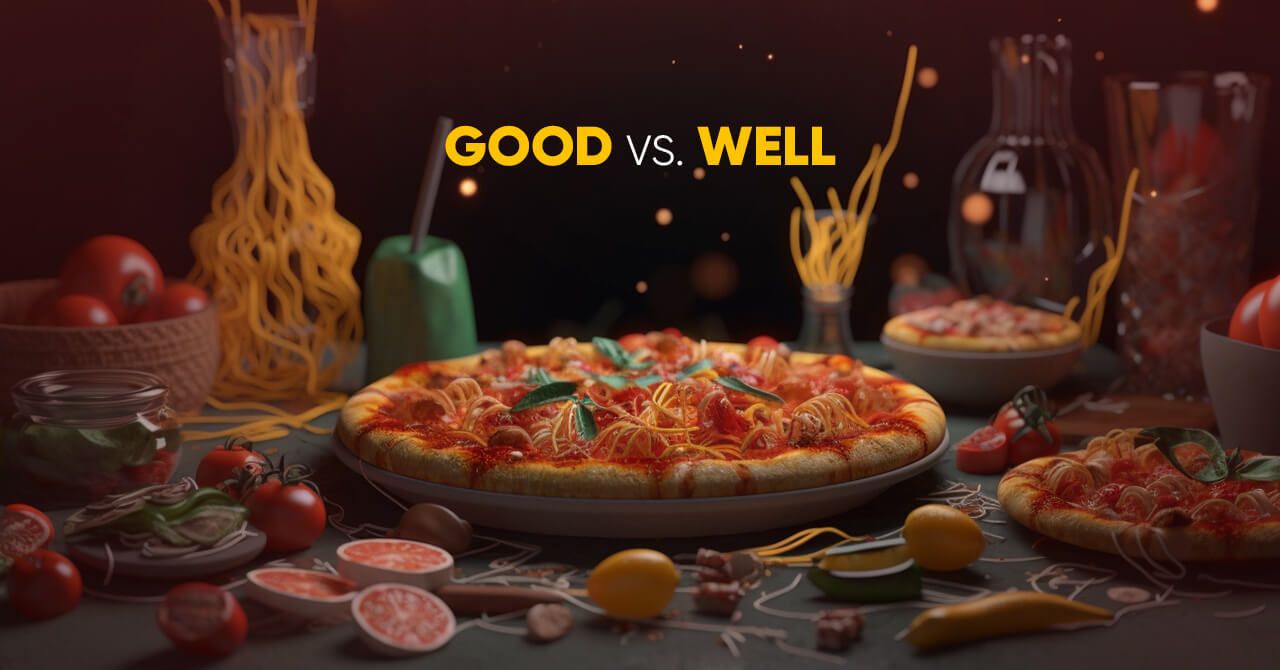
Good/Well—When to Use Each of Them
Although both words have similar meanings, they are different parts of speech.
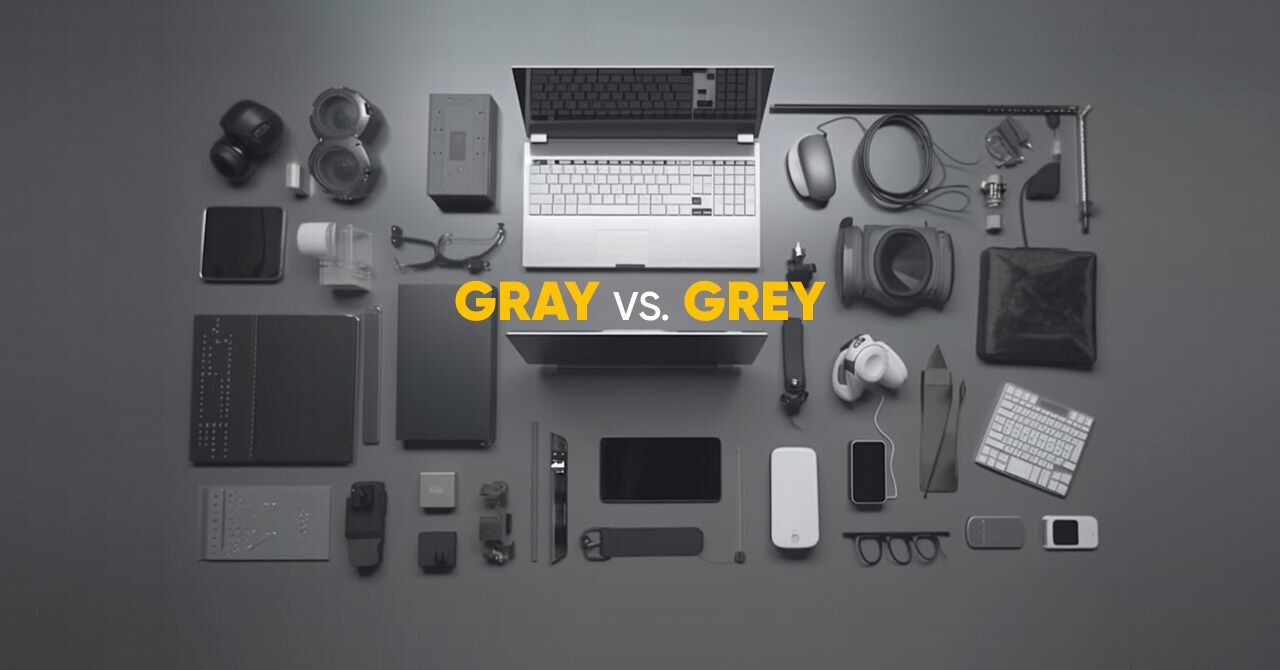
“Grey” or “Gray”: What’s the Correct Term?
There are many nuances and variations in spelling that can cause confusion, even among native English speakers. One such example is the spelling of the color grey/gray. Depending on where you are in the world, you may see this color spelled as “grey” or “gray.” While both of them are considered correct, you should know a few things regarding their usage. So, let’s clear up the gray vs. grey confusion. “Grey” or “gray”: Is there a difference? Many people wonder whether they should write “gre
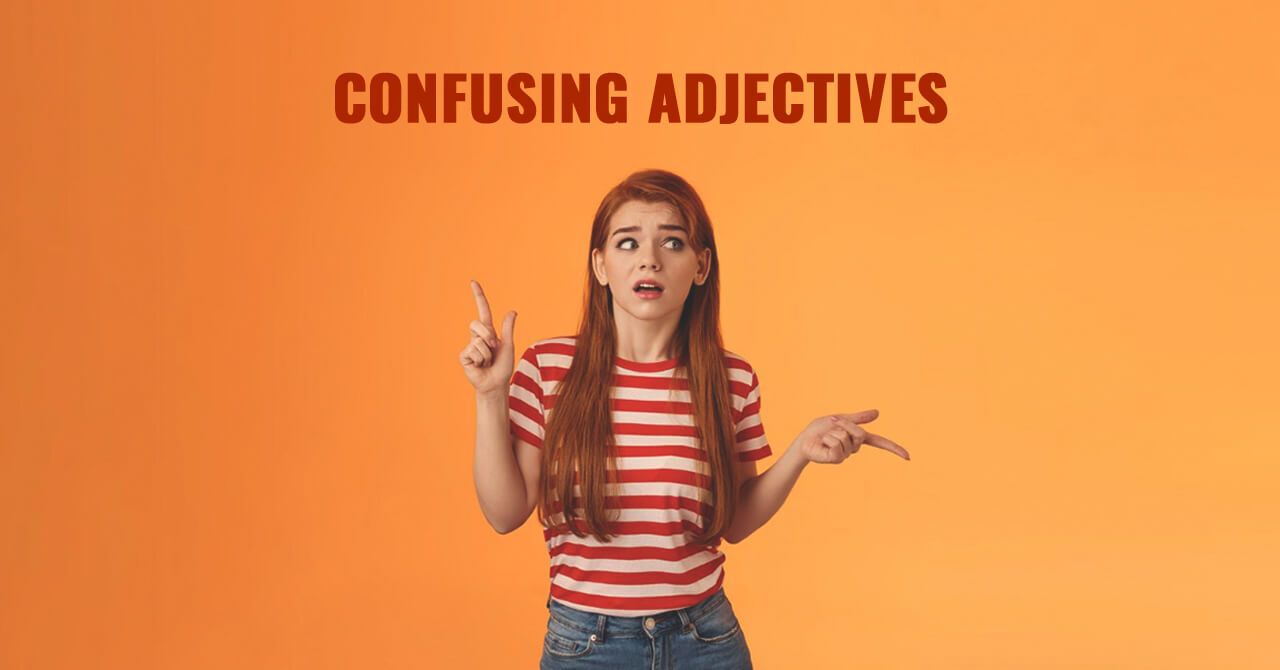
Confusing Words: Adjectives Ending With -ed and -ing
Do you know the difference between “tired” and “tiring?” How about “bored” and “boring?” Can you use the words in sentences? If your answer is “no,”—don’t worry; you are not alone.
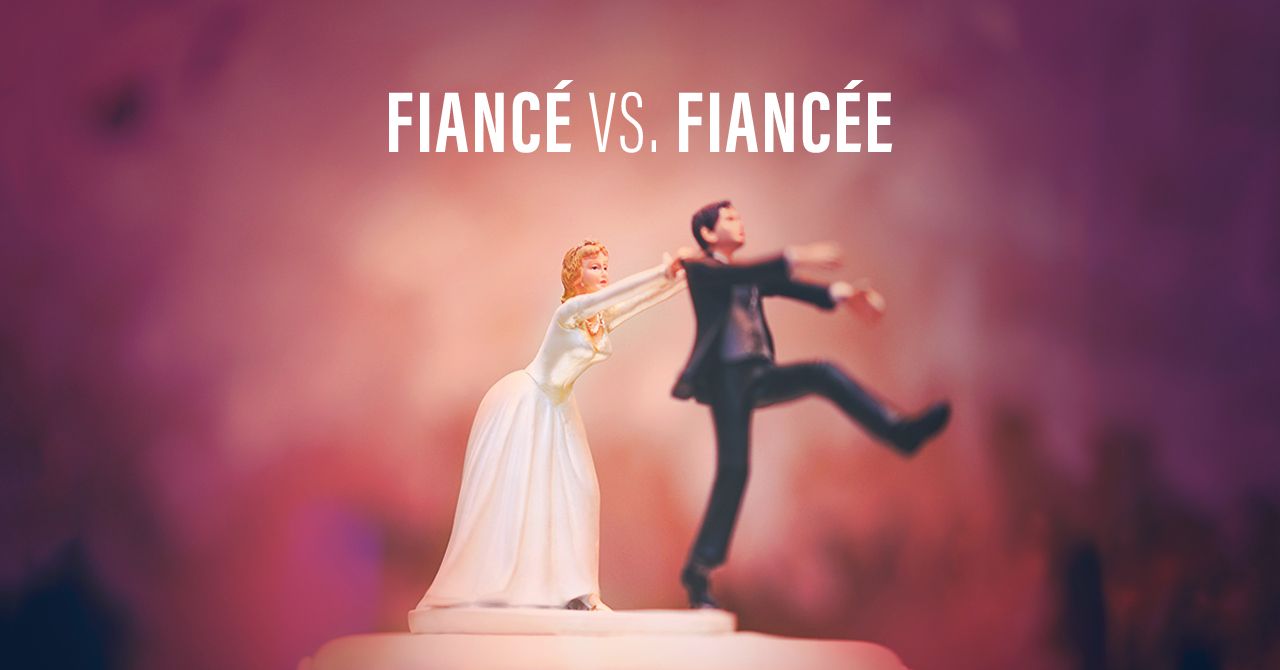
How to Use Fiance vs. Fiancee to Talk About Your Soon-To-Be Spouse
Fiancé and fiancée can refer to the person you are going to marry or yourself if you are engaged. So, what’s the difference between the two spellings?
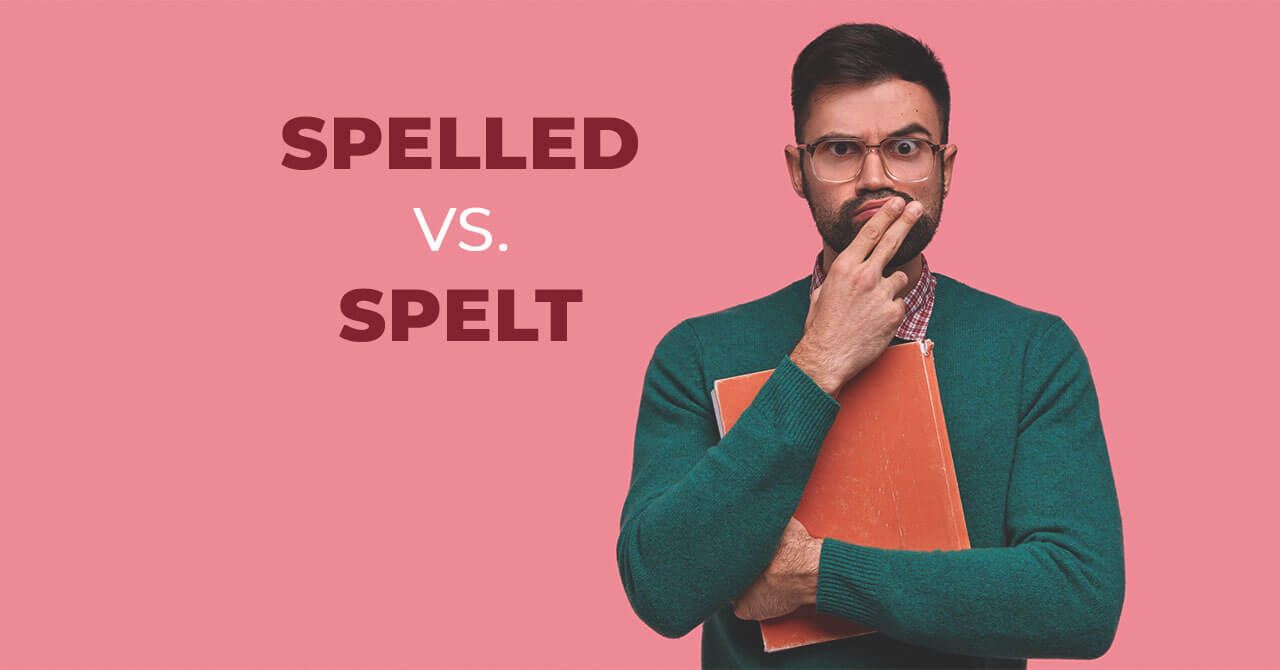
Spelled or Spelt: Choose Carefully!
Spelled is considered the correct past tense for the word to spell in America and Canada, although spelt is sometimes also used. Irregular verb forms such as spelt, dreamt, and burnt are used colloquially in the US but generally should be avoided in formal writing.
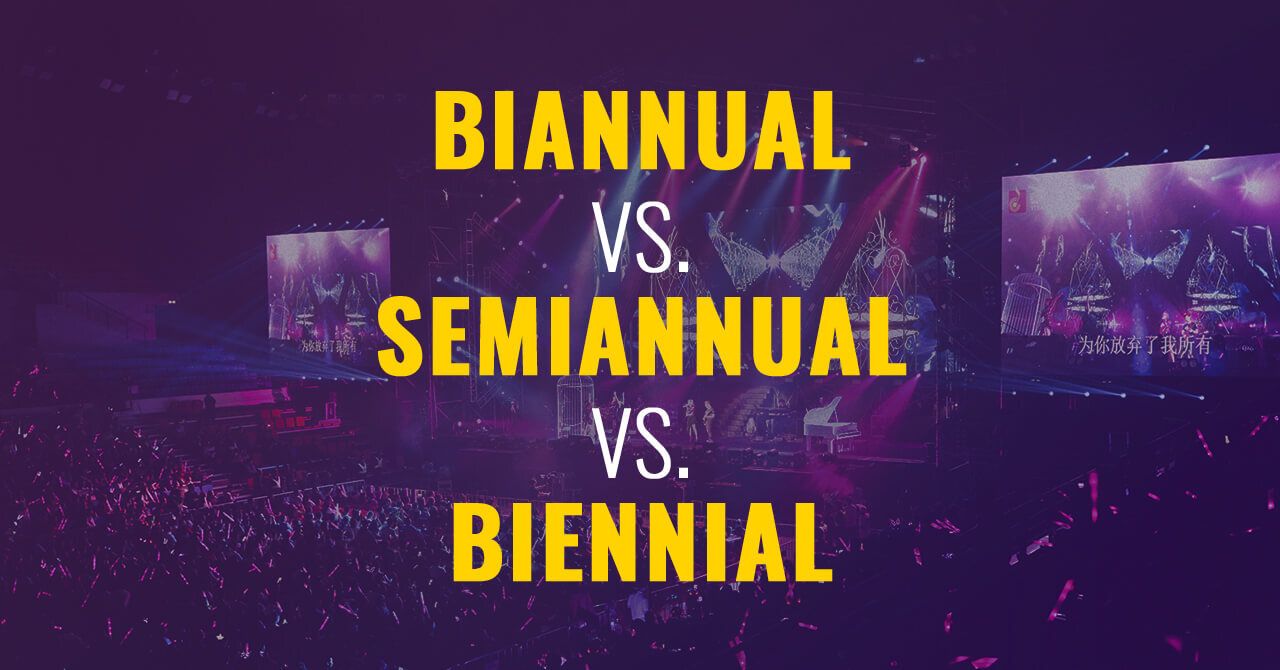
When to Use Biannual vs. Semiannual vs. Biennial
“Biannual” is an adjective used to describe events occurring twice a year. In order to fully understand this term, we need to know where it derives from. The prefix “bi-,” meaning twice, comes from Latin, while “annual” refers to one year.